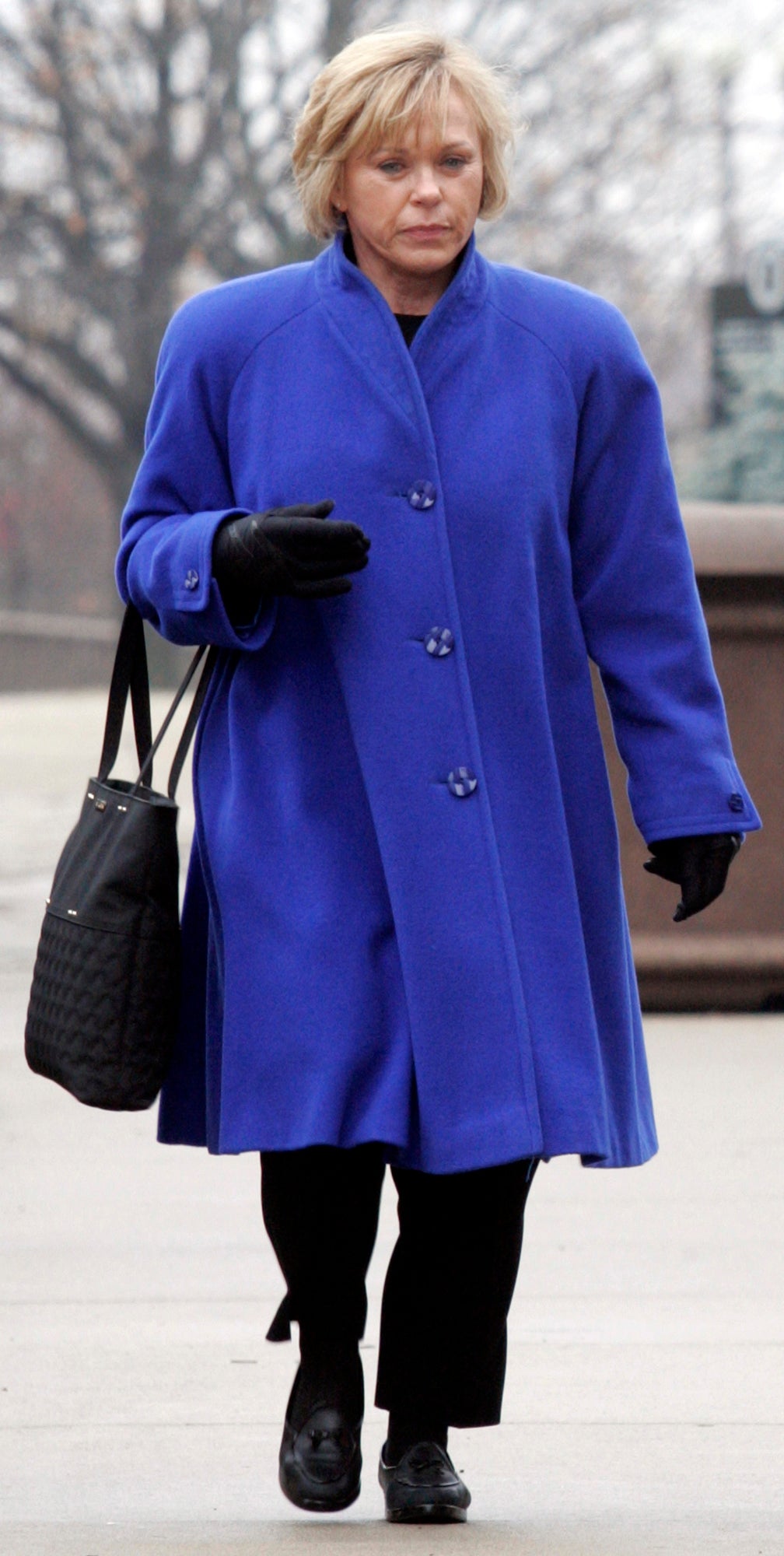Woman who fled business fraud sentencing seeks early release
An Ohio woman who fled the U.S. ahead of her sentencing in one of the country's biggest corporate fraud cases is asking for early release from prison

Your support helps us to tell the story
From reproductive rights to climate change to Big Tech, The Independent is on the ground when the story is developing. Whether it's investigating the financials of Elon Musk's pro-Trump PAC or producing our latest documentary, 'The A Word', which shines a light on the American women fighting for reproductive rights, we know how important it is to parse out the facts from the messaging.
At such a critical moment in US history, we need reporters on the ground. Your donation allows us to keep sending journalists to speak to both sides of the story.
The Independent is trusted by Americans across the entire political spectrum. And unlike many other quality news outlets, we choose not to lock Americans out of our reporting and analysis with paywalls. We believe quality journalism should be available to everyone, paid for by those who can afford it.
Your support makes all the difference.An Ohio woman who fled the United States for Mexico ahead of her sentencing in one of the biggest corporate fraud cases in decades is asking for early release from prison, citing poor health and fear of contracting the coronavirus behind bars.
Rebecca Parrett, now 72, was convicted in 2008 of securities fraud and other charges in a $1.9 billion scheme at health care financing company National Century Financial Enterprises.
Parrett, who was free on bond, fled to Mexico after her conviction. Federal Judge Algenon Marbley sentenced her in absentia to 25 years in prison. Parrett was apprehended in 2010, sent to prison and is in a minimum-security federal prison in Dublin, California.
She is asking for early release, saying she suffers from “a rare blood disease that has no cure,” and other ailments, including arthritis, high blood pressure, osteoporosis and cholesterol. She also fears contracting COVID-19 while in prison.
In a six-page, single-spaced letter to Marbley filed in federal court last month, Parrett apologized to the judge for leaving the country, saying she was overwhelmed with depression and at “the lowest point of my life.”
“I truly am sorry for the additional aggravation and work that I created for you and others,” Parrett wrote. “My state of mind was stuck on terminating my life and I never had any thought of other consequences at the time.”
“I truly am sorry for the additional aggravation and work that I created for you and others,” Parrett wrote. “My state of mind was stuck on terminating my life and I never had any thought of other consequences at the time.”
Parrett described tough early years, including an abusive first marriage. She included notes of support from a chaplain, a minister, a doctor and friends, who spoke of charity work she did while in Mexico, including volunteering at an orphanage.
A response from the judge is likely weeks away. The government has not filed a formal response but is expected to oppose Parrett’s request.
Bureau of Prisons records show more than 4,700 federal inmates and more than 1,400 staffers currently have confirmed COVID-19 cases, with more than 20,000 inmates and more than 1,800 staff members having recovered. There have been 145 federal inmate deaths and two federal prison staff deaths attributed to COVID-19.
Prosecutors likened the fraud uncovered at National Century, based in suburban Columbus, to a privately held-company version of the Enron or WorldCom scandals.
The company called itself the country’s largest health care financing company when it collapsed in 2002. Prosecutors said executives authorized millions in unsecured loans to the health care providers, then misled investors about the loans.
Four other National Century executives, including the company's founder, were convicted of multiple counts of wire and securities fraud and money laundering.